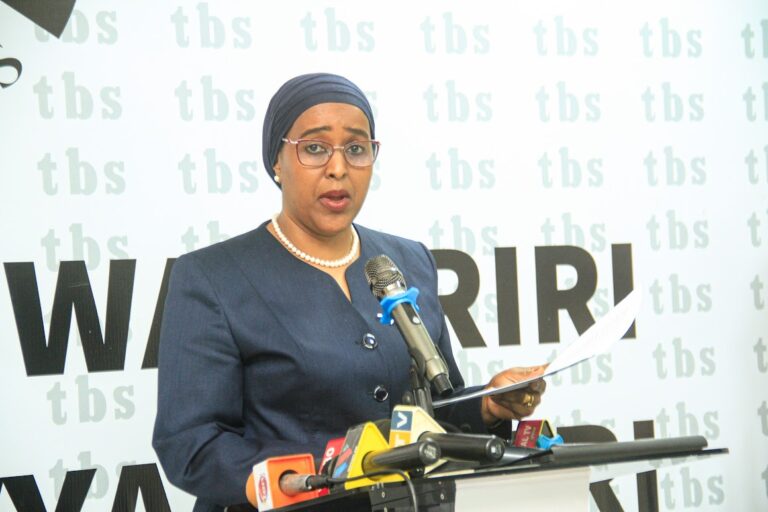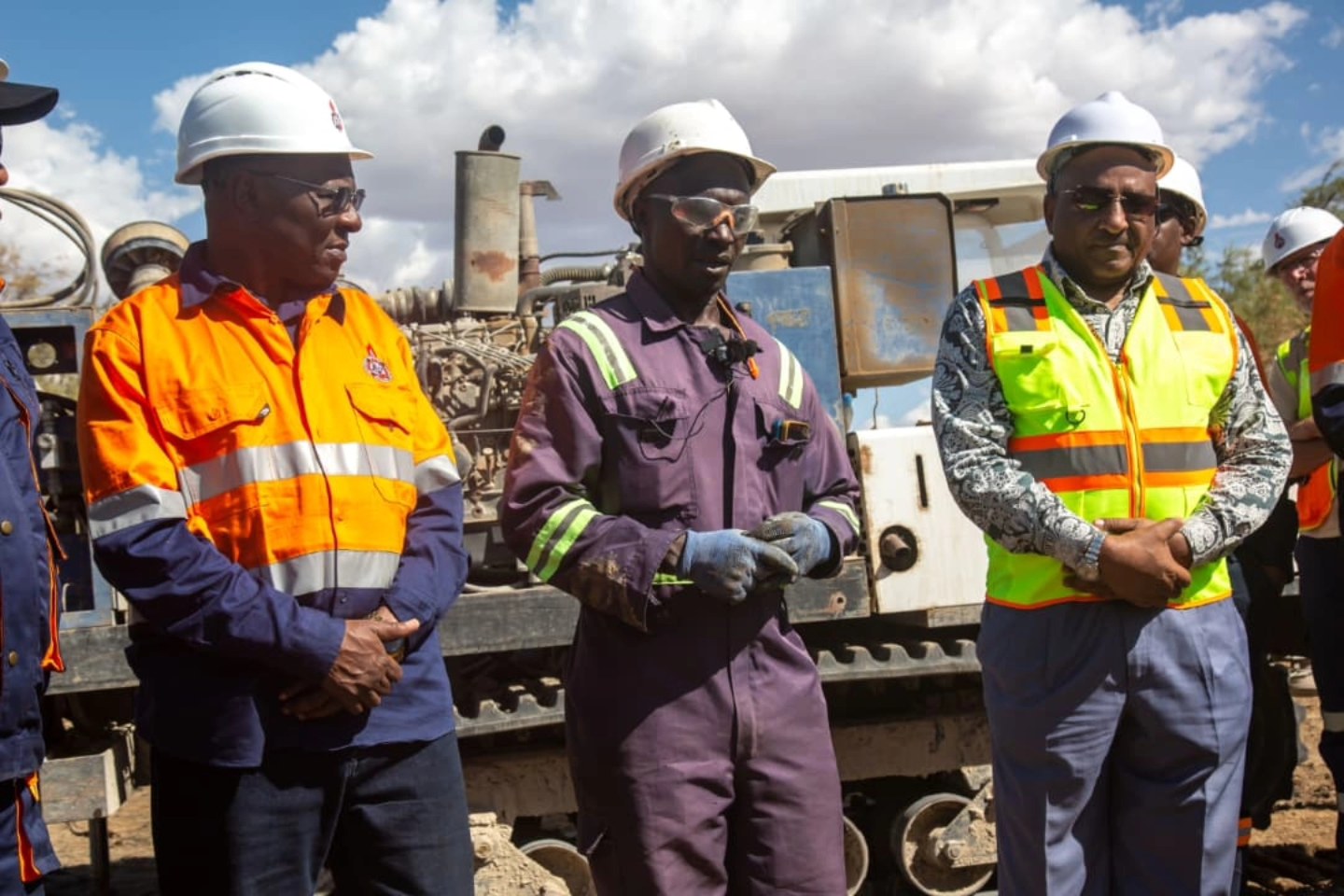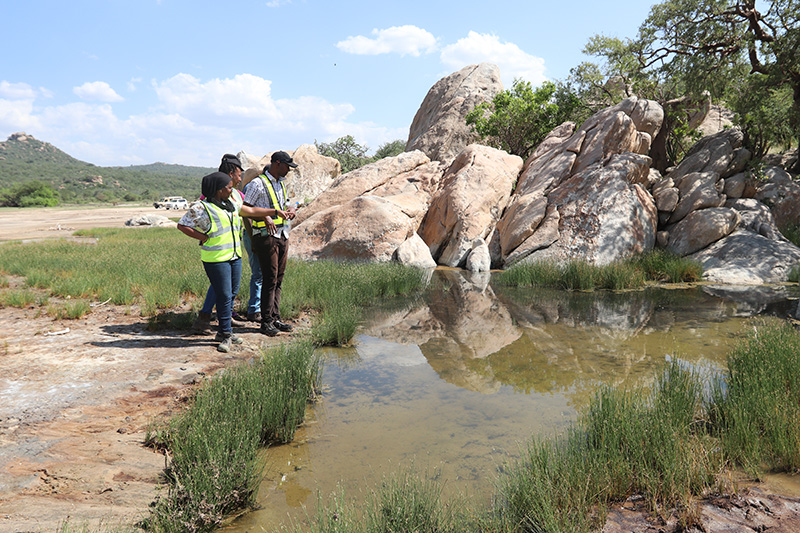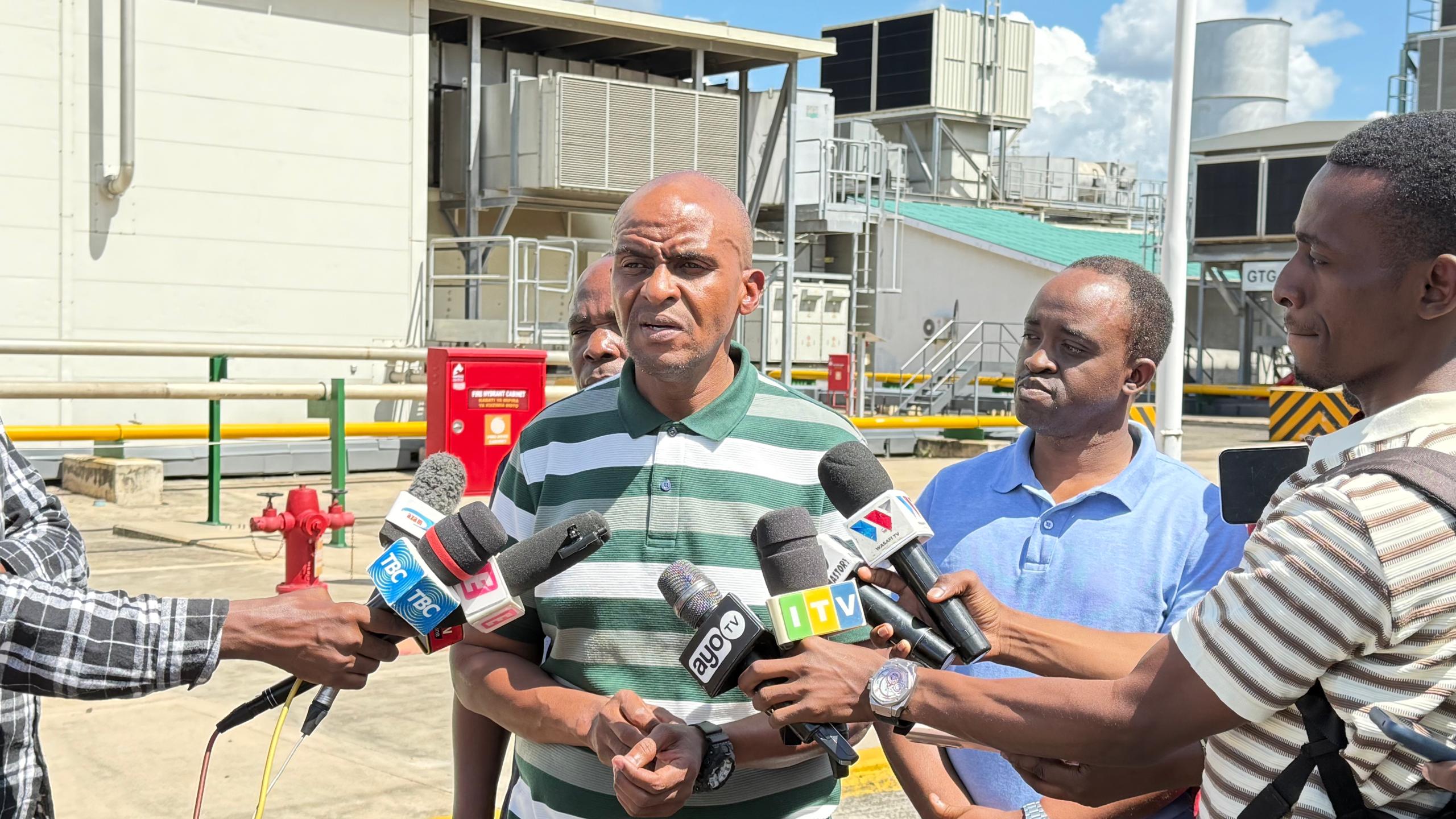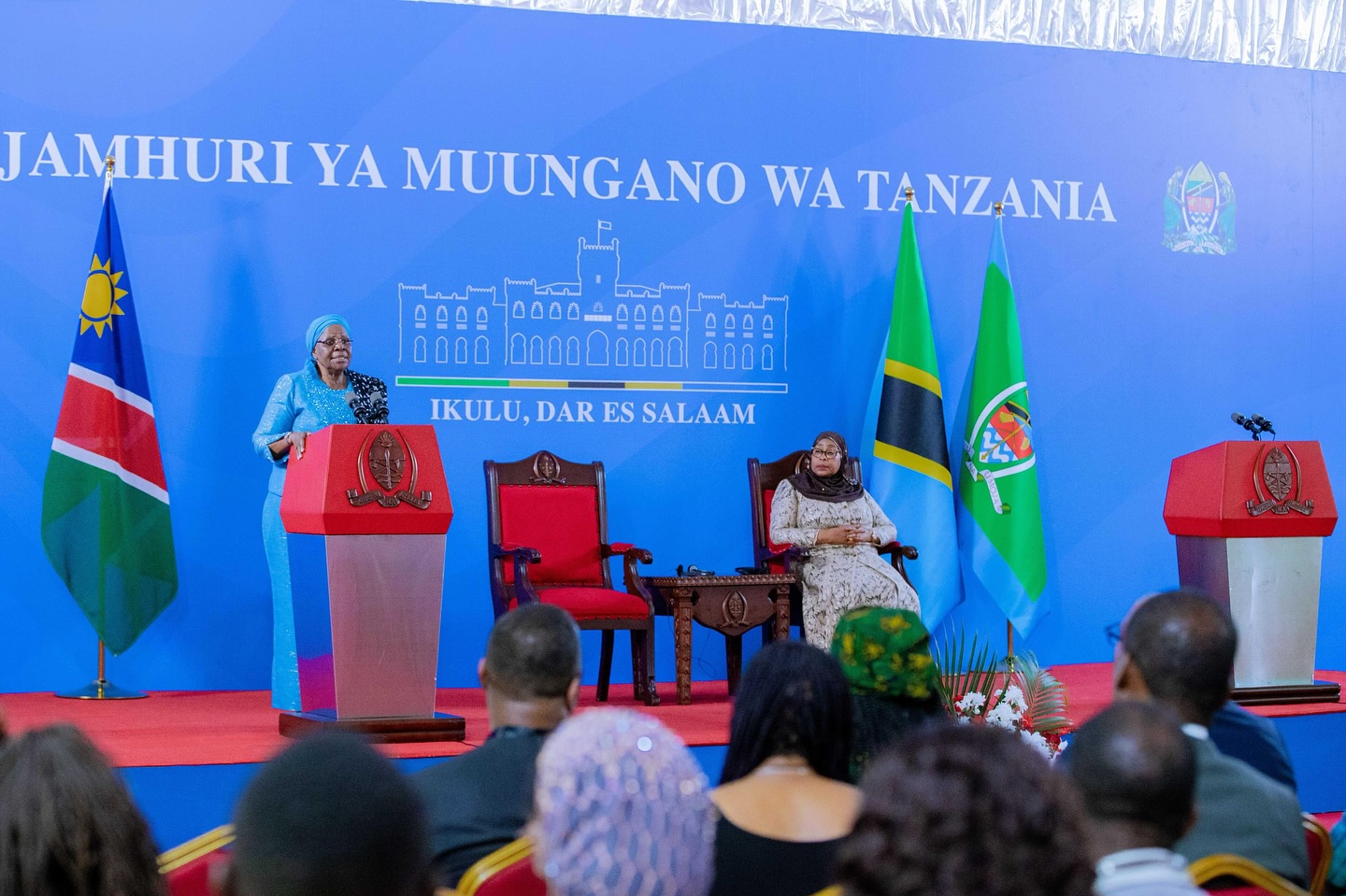Dar es Salaam. The Tanzania Bureau of Standards (TBS) has extended its inspection remit to products traded via online platforms, signalling a decisive push to protect consumers and shore up confidence in a rapidly expanding digital marketplace.
The move, disclosed as part of a progress briefing on the bureau’s achievements during the Sixth Phase Government (2021–2025), positions TBS’s digital surveillance alongside its existing inspection architecture that covers physical markets, border posts, ports and production premises.
The initiative responds to the reality that e-commerce has created fresh channels through which counterfeit, unsafe and substandard goods can enter the national market, the director general of TBS Dr Ashura Katunzi told editors on September 18, 2025.
Dr Katunzi said inspectors will now include online listings and shipments destined for Tanzanian consumers within routines of product verification and sampling.
The bureau stressed that the same technical standards applied to bricks-and-mortar goods will apply to those offered electronically, and that enforcement actions will follow where non-conformity is found.
“The online inspection drive forms part of a broader expansion of TBS activities during the Sixth Phase Government that has seen a marked increase in laboratory capacity, zonal offices and conformity assessment operations,” Dr Katunzi said.
Lab building, accreditation and specialised testing
During the current administration TBS secured financing to construct new laboratories in Dodoma and Mwanza at a total cost of Sh36.8 billion, a measure intended to bring testing services closer to citizens and reduce turnaround times for sample analysis.
The Dodoma facilities will serve the Central zone (Dodoma, Singida and Tabora) while Mwanza’s laboratories will cater for six northern and lake-zone regions, including Mwanza, Kagera, Mara, Geita, Shinyanga and Simiyu.
TBS has also engaged a lead consultant to produce designs and to supervise the Arusha laboratory project, Dr Katunzi added.
The bureau now operates 12 laboratories, all of which have gained international proficiency accreditation, enabling test results issued in Tanzania to be recognised abroad, an important asset for exporters.
Dr Katunzi noted that investments in specialised equipment amount to at least Sh12.9 billion, and the national testing estate includes advanced machinery such as a hydrostatic pressure tester (able to test pipes from 0.5 inch to 32 inches and to process 120 samples simultaneously), an automatic conductor resistance tester for cables, and a solar simulator capable of assessing photovoltaic modules irrespective of ambient sunlight.
Scale of inspection and certification work
Dr Katunzi said in the Sixth Phase period, TBS reported testing in excess of 152,812 samples and carrying out more than 42,993 calibrations.
“The bureau also registered 8,199 food and cosmetic products and 47,886 premises involved in production, distribution and storage of such items,” she noted.
Under its Pre-Shipment to Conformity regime (PVoC), more than 153,000 consignments were verified abroad before shipment, while 352,103 consignments were inspected upon arrival under Destination Inspection (DI).
Roughly 203,689 used motor vehicles were checked prior to entry, reflecting the bureau’s broad remit.
In addition, TBS issued 3,184 quality certificates and licences to manufacturers, of which 1,359 were to small-scale entrepreneurs who benefited from government-funded support.
Why online inspections are timely
TBS’s online inspections come at a juncture when digital connectivity and electronic payments are reshaping commerce across Tanzania.
Internet adoption remains on an upward path: official indicators show that internet penetration has been rising.
Parallel to connectivity, Tanzania’s payments ecosystem has registered sharp growth.
Mobile money services and real-time payment systems have broadened financial access and facilitated e-commerce transactions, a development that both underpins online retail growth and creates urgency for market-wide quality assurance.
Recent industry reports highlight a vibrant mobile-money market in Tanzania, with rising transaction volumes and agent networks that enable widespread digital commerce across urban and rural districts.
Digitally integrated controls and trader facilitation
Dr Katunzi said its inspection of online products will operate alongside upgraded ICT systems that already underpin several of its services.
“The bureau has integrated licensing, registration and inspection workflows with the Tanzania Electronic Single Window System (TeSWS), facilitating a single digital gateway through which importers, exporters and regulators interact,” she said.
The online inspections are set to leverage these digital interfaces to identify suspect consignments, coordinate with customs and the ports authority, and trace non-conforming sellers for corrective action.
Capacity building and public awareness
Dr Katunzi disclosed that TBS’s expanded regulatory activity is complemented by training and outreach.
More than 5,400 stakeholders, including industrial producers and processors, have received training on standards, quality control and regulatory compliance.
A Qualitan project in 2024, implemented with SIDO, delivered training to 1,000 food producers in ten regions, aiming to lift product quality at source and reduce the supply of unsafe goods.
Public education campaigns continue across district-level fora, national media, trade fairs and digital channels to raise consumer awareness about recognising certified products and reporting suspect listings.
A boon for consumers, compliant traders
For compliant manufacturers and legitimate online merchants, stricter online inspections expand market trust and may ease access to regional and international markets through recognised accreditation and certification.
For consumers, the initiative is designed to reduce exposure to health and safety risks posed by substandard foodstuffs, cosmetics and electrical appliances sold online.
For illicit operators and low-quality importers, the bureau’s stepped-up surveillance signals a period of heightened enforcement risk and potential removal of listings, seizure of consignments or prosecution where necessary.
Challenges, regulatory balance
Dr Katunzi acknowledged that the digital marketplace presents enforcement challenges: high volumes of small consignments, cross-border sellers operating outside national jurisdiction, and resource-intensive sampling and laboratory testing.
However she said the bureau’s strategy seeks to mitigate these issues by prioritising high-risk product categories, using digital data-analytics to target inspections, and cooperating with customs, port authorities and online platforms to disrupt illicit supply chains.
“Investments in regional laboratories, international accreditation and modern testing equipment are intended to reduce specimen turnaround times and increase the credibility of enforcement actions,” Dr Katunzi noted.

